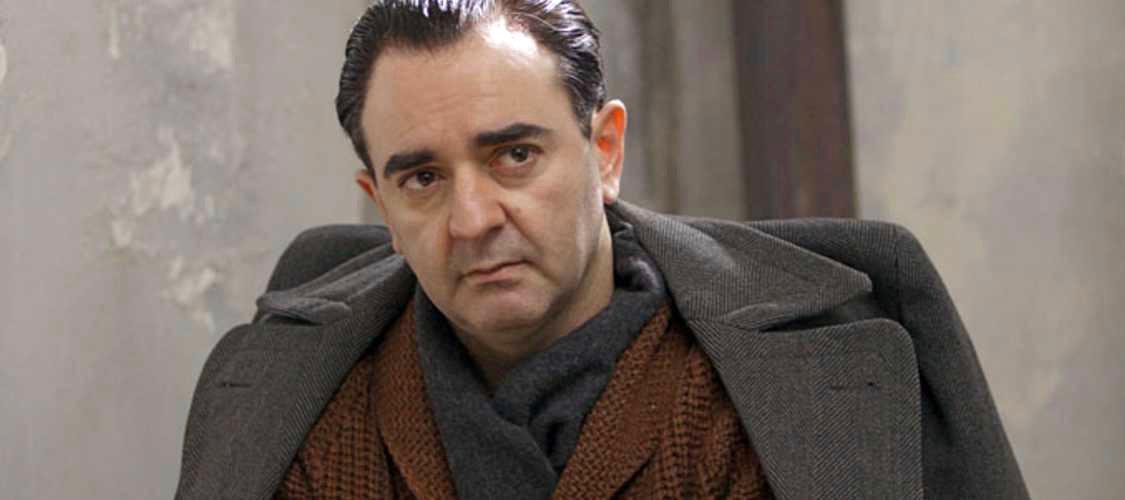Night cap with Tudo o que Imagino (All I Imagine)
An interview with Leonor Noivo, director of Tudo o que Imagino (All I Imagine)
Why did you want to depict the end of adolescence in Tudo o que Imagino?
I’ve always been interested in this period when people take that step beyond the sphere of their parents or guardians– this can happen earlier, at the age of 13/14 or later, at 19/20… My previous film, Setembro (September), is about a 14-year-old boy who is in the beginning of this process, taking his first steps towards some sort of independence… But in that story the boy still had a strong attachment to his mother. In Tudo o que Imagino (All I Imagine), I was more interested in the end of adolescence, that age in the end of “teens” when you’re already an adult but still depend on a lot of things and support from others: a place to live, money, food… It’s also an age in which pleasure (going to the beach or disco for example…) is done purely freely with that particular detachment of having no real responsibilities besides living the moment. The future is looked upon with great expectation, everything is still possible, achievable. The title Tudo o que Imagino has to do with that expectation: what could life turn into? You begin to take the first steps, the possible ones, of everything you imagine. So it’s the beginning of a process which, in my view, will last for the rest of our lives.
How did you pick your cast of characters?
What happened in the process of this film was that I made the research in Lisbon’s suburbs with this topic in mind: to choose the cast of people under certain conditions – young people in their late teens, with the freshness of youth but who work or study at the same time. I chose several adolescents from three different neighbourhoods (Alcoitão, Adroana and Lages) and joined them to form a group of fictitious friends (most of them didn’t even know each other before doing the film) and what we did was to create this story together. Here the protagonist (André) played a central role in this construction, so much that in the end we both signed the script-writing of the film.
What is André’s relationship to music and dance and how did you write that aspect of the film?
In fact, the real André is not much related to music or dance… But other people who appear in the movie served to create this ambiance: André’s brother who appears at the beginning of the film is a DJ, and Finex (the rapper of the opening scene and author of the soundtrack) is a composer and artist. I found Finex in Lages district and brought him to Alcoitão to meet André and make up the friendship for the film. So it seems they’ve known each other for a long time, but in fact they just met that week for the film, and through music, improvising rap like a dialogue. Actually, the real André doesn’t even go to discos… but the character goes. This is because I was interested in filming these alienation ambiences, particularly what happens in some nightclubs, where the people of the suburbs spend all Saturday night and come back home in the first bus in the morning. Of course, by joining all these elements in the film, André seems to be part of that, rap and disco, although he didn’t know them – it was a great actor job, I can tell you.
Are you interested in dealing with intimate relationships and will you make further films on this theme?
Yes, totally. That’s the main subject of my fiction films (Mould, The City and the Sun, September) and also in my last documentary (Other Letters or the Invented Love). I believe that I’ll continue to be interested on the theme, but I’ll also accept it if I go another way.
What sort of freedom would you say the short format allows?
As a director and technician, it is a format where I am at ease. As a viewer, I like short films and medium-length films. In Portugal, we don’t have much space to see short film sessions except in festivals, but sporadically there are cinema sessions where 3 or 4 short films are programmed and I like this type of sessions very much. As in literature, I like reading short stories as much as novels.
If you’ve already been to Clermont-Ferrand, could you share with us an anecdote or story from the festival? If not, what are your expectations for this year?
Yes, I’ve been to Clermont-Ferrand in the co-productions forum for my film September in 2014. It was a very positive experience, because I found a Bulgarian producer who became the co-producer of that short film. I was also in some sessions and I have seen many short films during that week that have inspired me greatly. I really enjoyed the festival program and I’m excited to see the program this year.
Tudo o que Imagino is being shown in International Competition I12.








